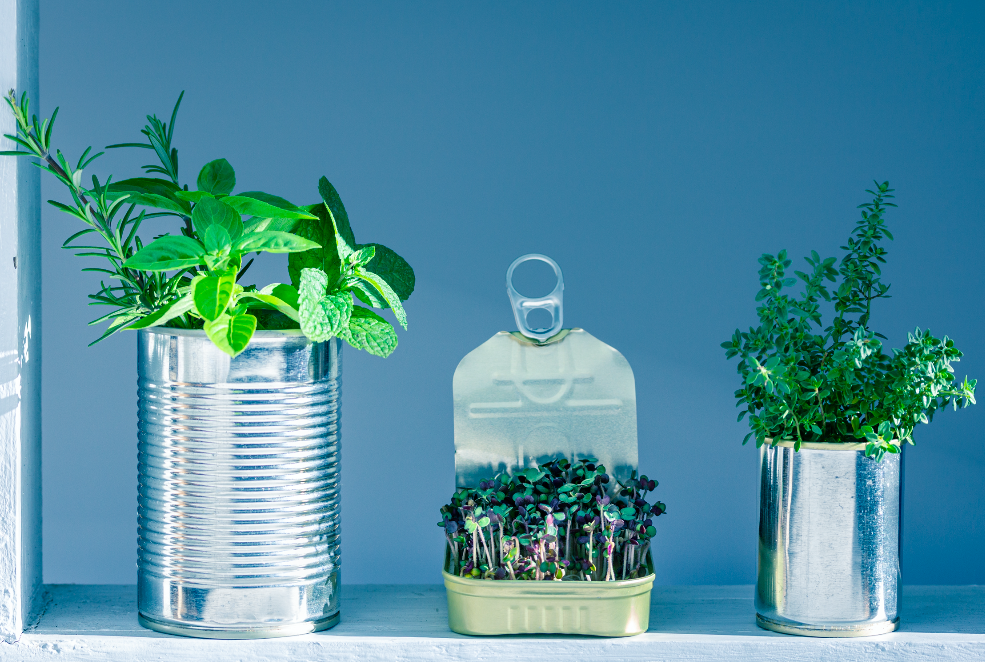In our Winter 2020/21 issue, our regular sustainability columnist Davie Philip wrote about the importance of local food sovereignty, and how this is key to developing our communities’ resilience in the years ahead.
Food, Sovereignty & Local Resilience
Changing how you eat, changes the world
by Davie Philip
Food is one of our essential needs – and a system in which we can, and should, restore sovereignty. Imagine if we produced and consumed food in a way that strengthened our immune systems, regenerated soils, secured farmers’ livelihoods and helped us cope better with the uncertainties facing us.
Most of us eat unconsciously; completely unaware of where and how our food is produced. The global food system we rely on has a high social and environmental cost, and questionable ethics. The dominance of food that is subsidised and highly processed and packaged contributes to an increase in diet-related illnesses, job losses and deteriorating ecosystems.
Michael Pollan, in his best selling book ‘The Omnivore’s Dilemma’, emphasises that, “eating is an agricultural act, as Wendell Berry famously said. It is an ecological act, and a political act, too. Though much has been done to obscure this simple fact, how and what we eat determines to a great extent the use we make of the world – and what is to become of it.”
The term ‘Food Sovereignty’ was coined by Via Campesina, the international movement of small farmers and landless peoples, as a response to the dominance of corporate-controlled agriculture. It is the principle that we have the fundamental right to choose the food we consume, as well as where and how it is produced and distributed.
As the pandemic collides with inequality and the climate emergency, it is clear we need to change our relationship to food and agriculture. Fresh approaches to building resilient local food economies are emerging. Many people are now growing more of their own food; allotments and community gardens are gaining popularity, and more farmers are beginning to restore biodiversity through regenerative agriculture practices.
Innovative communities and cooperative social enterprises are experimenting with new food distribution approaches, and shortening supply chains by building resilient food webs of small food producers, distributors, retailers, food hubs, food co-ops, buying clubs and community-supported farms.
The Open Food Network (OFN) is a global response to the increasing sense that there is something fundamentally unsustainable with our food system. Already established in 12 countries, most recently in Ireland, OFN is an open source, community owned, online market platform. This enables food producers to sell directly through virtual shops and markets, and gives people access to secure and fairer ways to source their food directly from local growers and producers.
OFN was a game changer for local economies before the pandemic. During the early lockdowns it saw a huge increase in users, and in the new reality of physical distancing and rolling lockdowns it has emerged as a lifeline for small producers, farmers and local communities.
Food sovereignty is really an invitation to; develop a shared vision and culture that prioritises our health and well-being; create systems that enable us to support farmers growing food in a regenerative way; develop exchange mechanisms and regional economies that strengthen our resilience to the unpredictability of global markets and a rapidly changing climate.
We will be better able to cope with future disruptions if we take control of the processes and infrastructure involved in feeding ourselves. By engaging in local food systems we can eat in a way that is healthy, fair, pro-social and culturally appropriate, while securing livelihoods and restoring ecosystems.
OFN Ireland is at openfoodnetwork.ie. Davie Philip is a community catalyst at Cultivate, the sustainability cooperative based in Cloughjordan Ecovillage, and a network weaver with ECOLISE, the European network for community-led initiatives on climate change and sustainability.


